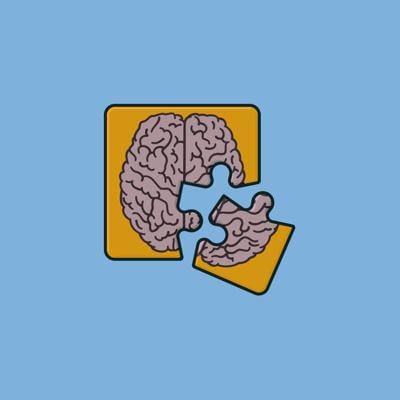What are some of the moral or ethical challenges of Alzheimer’s disease?
The very nature of this debilitating brain disorder presents a host of moral and/or ethical challenges both for the affected individual and the caregiver.
The point of diagnosis in one dilemma. Some research has found that more than half of individuals are not told about their diagnosis as some physicians are concerned about the individual’s reaction and emotional distress with such news. The diagnosis is seemingly glossed over or downplayed, i.e., the physician may minimize the symptoms of memory loss. But such situations stall the inevitable and rob the individual who has dementia the chance to take care of legal and financial issues and to discuss future concerns and plans with family.
Another very common ethical dilemma is slowly taking away the affected individual’s independence, which for most, is the decision to continue to drive. Questions abound as to how long the individual with dementia can drive, when does driving get too dangerous, or even how to take away the keys. Though the caregiver worries about the safety of the affected individual and other drivers on the road, he or she struggles with taking away the loved one’s independence and quality of life and the results are very devastating for all parties.
Part of future planning is to name and enact a power of attorney. The conflict here is that caregivers want to offer person-centered care and to give their loved ones affected by dementia some autonomy in the decisions of his or her own care; however, as the disease progresses, this will become increasingly difficult. The timing of the decision to legally name the POA varies from person to person, and this decision should be made as soon as possible after diagnosis to avoid conflicts and moral and ethical dilemmas about the individual’s future desired medical decisions and finances.
Is therapeutic fibbing morally wrong? Is lying to your loved one OK to avoid distressing him or her? Professionals stand on both sides of this issue. Usually, redirection, validation therapy and distraction to another activity solves this problem; however, oftentimes the therapeutic fibbing is just that — therapeutically beneficial for the individual’s quality of life.
Genetic testing and blood tests that predict the development of Alzheimer’s disease are highly ethical dilemmas. If the outcome of the testing is positive and the individual is inclined to develop the disease, then many questions arise. What are the next steps? How does the individual cope with the information? How does the individual look at the rest of his or her life?
As the disease progresses, are the use of antipsychotic medications appropriate? Do administering them to treat psychosis, paranoia and hallucinations or to reduce my loved one’s emotional distress outweigh the negative side effects, including death? These are certainly very important moral and ethical challenges and should be thoroughly discussed with healthcare professionals and family.
Generally, it is preferred that the use of antipsychotics never be the first option. Non-pharmacological interventions should first be practiced in reducing challenging behaviors.
Other moral and ethical challenges include decisions about staying at home versus long-term care settings, when to stop dementia medications, and those decisions involving end-of-life care. For the caregiver, these moral and ethical challenges can be very stressful and problematic. Planning and making preferences clear long before the individual has developed Alzheimer’s can significantly ease these challenges in the long run.

